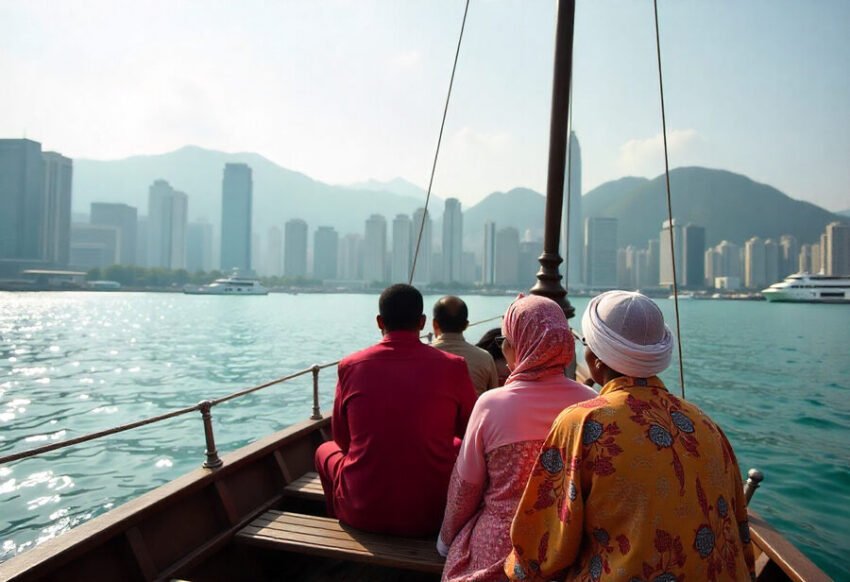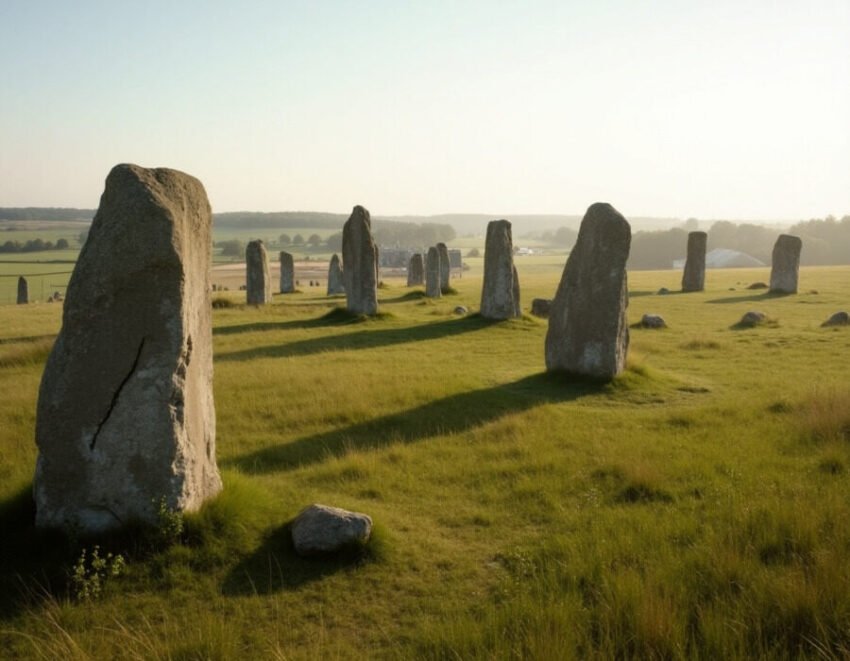Thousands of Airbus workers in the United Kingdom will go on a strike for ten days from the next month over demand for better pay, trade union Unite said Wednesday.

Unite, which represents more than 3,000 aircraft fitters and engineers employed at Airbus, said the strike could disrupt the production of aircraft wings, Reuters reported.
The trade union said 90 per cent of the workers voting in a ballot had opted for industrial action for their demands, which would take place unless Airbus makes an improved pay offer.
Workers’ strikes could disrupt wing production, delay deliveries
The strikes, which have been planned for September 2-3 and September 10-11, with other dates yet to be decided upon, can disrupt the wing production for the European planemaker’s commercial and military aircraft programmes, while also delaying deliveries.
However, in a statement, Airbus said that they were not concerned about the impact on deliveries at present. “We are not currently concerned about the impact on year end deliveries,” the planemaker said.
Airbus said that it had extended a “competitive and fair” pay offer to the workers in 2025, with previous pay increases coming up to more than 20 per cent in the last three years, Reuters reported. Airbus stated that the pay was in addition to a bonus payment in April of 2,644 pounds ($3,569).
However, Unite has stated that it has demanded a pay offer from Airbus which would reflect the rising inflation and the increased cost of living. This comes even as data published on Wednesday shows that the British inflation stood at 3.8 per cent in July, its highest in 18 months, Reuters reported.
Sue Partridge, Airbus UK’s country manager for commercial aircraft, said that the planemaker is prioritising the need to reach a resolution with the trade union which would ensure “long-term competitiveness” and the success of Airbus in UK.
Sharon Graham, Unite’s general secretary, said that Airbus had been making billions in profits, adding that workers also deserve a fair deal. “Our members are simply seeking fairness not favours,” Graham said.








